The pessimism on the super-aged society that has developed across the country in Japan for around 30 years has finally begun to dissipate and has found symbolic expression as “the era of the 100-year life”.
We are already moving from the past industrial society to the next new society. In this new society, people live in a diversified and shrinking society based on uniqueness and relationships. Its concrete practice is an attempt to confirm the creation of countless “small societies” where people exercising their own agency become the leading actors.
What we see in various practices in local communities is the “movement” where people create and renew the self through interactions with others. There, the “small society” is reconstituted continuously, creating overlapping multiple layers. People move freely between these layers, creating a more diverse “society”.
There, the process of creating “society” is through “learning”, and the process of “learning” is also recreating “society” itself. Only through this dialectic will social trust emerge. People will trust each other through the “movement” of “learning”; “society” will continue to evolve, and people will continue to dynamically construct their own existence. Thus, people’s existence itself is embodied in “learning” and “society”.
url clone | nike

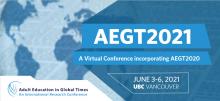
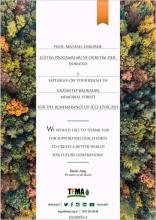


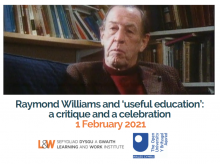
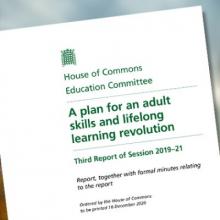
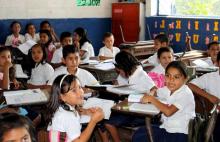


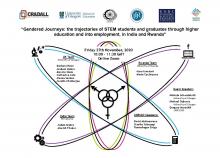











Latest Comments